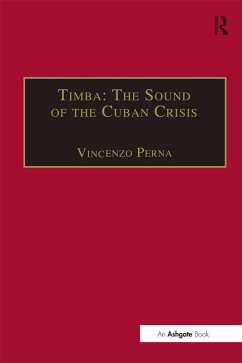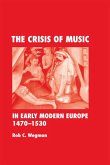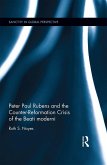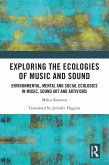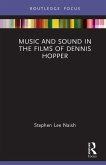Cuban music is recognized unanimously as a major historical force behind Latin American popular music, and as an important player in the development of US popular music and jazz. However, the music produced on the island after the Revolution in 1959 has been largely overlooked and overshadowed by the Buena Vista Social Club phenomenon. The Revolution created the conditions for the birth of a type of highly sophisticated popular music, which has grown relatively free from market pressures. These conditions premised the new importance attained by Afro-Cuban dance music during the 1990s, when the island entered a period of deep economic and social crisis that has shaken Revolutionary institutions from their foundations. Vincenzo Perna investigates the role of black popular music in post-Revolutionary Cuba, and in the 1990s in particular. The emergence of timba is analysed as a distinctively new style of Afro-Cuban dance music. The controversial role of Afro-Cuban working class culture is highlighted, showing how this has resisted co-optation into a unified, pacified vision of national culture, and built musical bridges with the transnational black diaspora. Musically, timba represents an innovative fusion of previous popular and folkloric Afro-Cuban styles with elements of hip-hop and other African-American styles like jazz, funk and salsa. Timba articulates a black urban youth subculture with distinctive visual and choreographic codes. With its abrasive commentaries on issues such as race, consumer culture, tourism, prostitution and its connections to the underworld, timba demonstrates at the 'street level' many of the contradictions of contemporary Cuban society. After repeatedly colliding with official discourses, timba has eventually met with institutional repression. This book will appeal not only to ethnomusicologists and those working on popular music studies, but also to those working in the areas of cultural and Black studies, anthropology, Latin American st
Dieser Download kann aus rechtlichen Gründen nur mit Rechnungsadresse in A, B, BG, CY, CZ, D, DK, EW, E, FIN, F, GR, HR, H, IRL, I, LT, L, LR, M, NL, PL, P, R, S, SLO, SK ausgeliefert werden.

